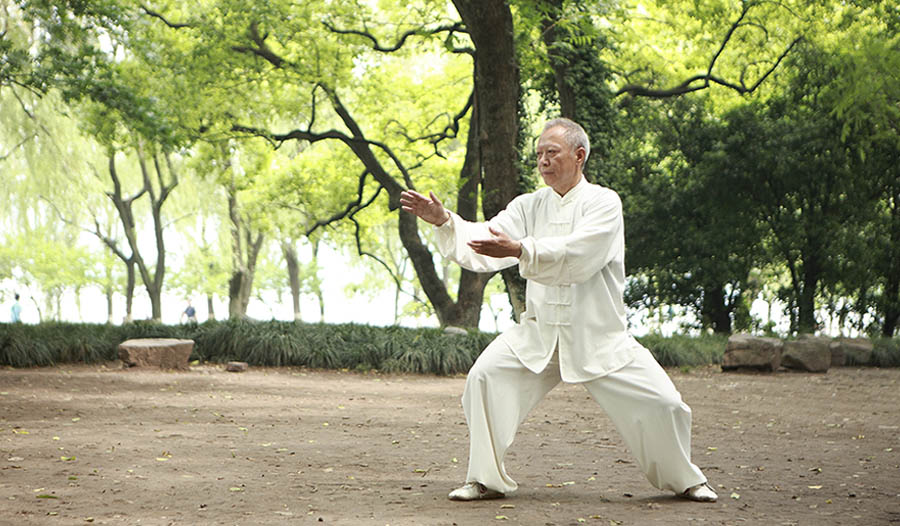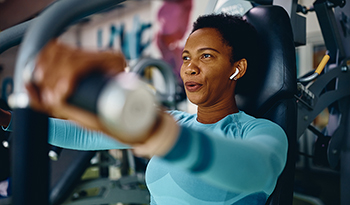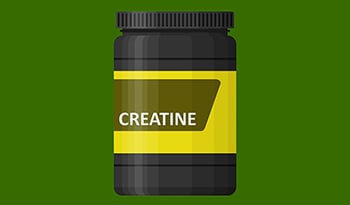8 korzyści zdrowotnych Tai Chi

Tai chi to łagodna praktyka sztuk walki, która może przekształcić i dodać energii ciału i umysłowi. Jest to naturalne rozwiązanie w kwestiach zdrowotnych, które przynosi liczne korzyści, w tym poprawę nastroju, zmniejszenie stresu, zwiększenie siły i wytrzymałości oraz leczenie przewlekłych schorzeń, takich jak choroby serca, bezsenność, bóle stawów i wysokie ciśnienie krwi. Tai chi działa poprzez równoważenie przeciwstawnych, ale uzupełniających się energii yin (żeńskiej) i yang (męskiej), co poprawia przepływ qi (energii życiowej) i ogólną witalność.
Historia Tai Chi
Chociaż jego dokładne pochodzenie nie jest znane, wynalazek Tai chi & amp;rsquo; jest często przypisywany albo XII-wiecznemu taoistycznemu Zhang Sanfengowi, albo XVII-wiecznemu mistrzowi sztuk walki z dynastii Ming, Chen Wangtingowi. Termin tai chi jest skrótem od “t’ai chi ch'üan,” oznaczającego “ wielki lub najwyższy ostateczny” i “ pięść”.
Obecnie miliony ludzi na całym świecie ćwiczą tai chi. Praktyka składa się z serii choreograficznie ułożonych płynnych form—uważnych ruchów nazwanych na cześć działań zwierząt—które tworzą całą sekwencję. Podczas gdy ruchy są tak wdzięczne jak walc, wykonywane szybko mogą być formą samoobrony lub walki.
Korzyści z Tai Chi
Rosnąca liczba badań dotyczy tego, w jaki sposób Tai chi, sklasyfikowane jako tradycyjna medycyna chińska lub alternatywna, może leczyć i poprawiać jakość życia osób z szerokim wachlarzem schorzeń w wielu populacjach. Badania przeprowadzono z udziałem dzieci, dorosłych i osób starszych, a także osób z chorobą Parkinsona, cukrzycą, chorobą zwyrodnieniową stawów, fibromialgią, bólem pleców, chorobami układu krążenia i HIV/AIDS. Chociaż potrzebne są dalsze badania, korzyści płynące z tai chi wydają się być związane z lepszym zdrowiem psychicznym i fizycznym, snem i zmniejszonym stresem. Korzyści te obejmują:
1. Winda nastroju
Zmniejszenie stresu i niepokoju jest jednym z głównych powodów, dla których moi klienci zaczynają i trzymają się tai chi. W dzisiejszym szalonym świecie medytacja w ruchu daje możliwość zwolnienia, wyluzowania i wykorzystania ciała do zrelaksowania się i oczyszczenia umysłu. Zioła takie jak dziurawiec, suplementy takie jak SAMei aromaterapia olejki eteryczne jak lawenda mogą również pomóc.
2. Ulga w bólu głowy
Według National Headache Foundation, ponad 45 milionów Amerykanów cierpi na przewlekłe bóle głowy. Randomizowane, kontrolowane badanie przeprowadzone w UCLA, dotyczące wpływu tai chi na dorosłych z napięciowymi bólami głowy (TTH) wykazało, że uczestnicy 15-tygodniowego programu tai chi doświadczyli statystycznie istotnego zmniejszenia liczby bólów głowy. Zaobserwowano również poprawę w zakresie energii, funkcjonowania społecznego, samopoczucia emocjonalnego i zdrowia psychicznego.
3. Równowaga i stabilność
Niektóre z najbardziej imponujących badań nad tai chi koncentrują się na poprawie równowagi i zapobieganiu upadkom, zwłaszcza u osób starszych. Kilka badań wykazało znaczną poprawę równowagi, szczególnie u uczestników, którzy prowadzili siedzący tryb życia lub byli narażeni na upadki. Wykazano również, że tai chi zwiększa siłę i elastyczność, co może pomóc w zapobieganiu upadkom.
4. Gęstość kości
Martwisz się o zdrowie kości? Kontynuuj przyjmowanie wapnia, ale rozważ również podjęcie tai chi. Pomimo tego, że praktyka tai chi obejmuje ćwiczenia z niewielkim obciążeniem i bez oporu, kilka randomizowanych, kontrolowanych badań przeprowadzonych na kobietach po menopauzie wykazało, że tai chi zmniejsza utratę masy kostnej i złamania.
5. Ciśnienie krwi
Kilka badań wykazało, że praktykowanie tai chi znacząco obniża ciśnienie krwi. Badania opublikowane w Journal of Alternative and Complement Medicine Journal of Alternative and Complementary Medicine wykazały, że praktykowanie tai chi przez 12 tygodni obniżyło ciśnienie krwi i poprawiło zarówno profil lipidowy, jak i stan lękowy. Istnieje wiele sposobów na obniżenie ciśnienia krwi, od zdrowszej diety i utraty wagi po przyjmowanie suplementów, w tym błonnika , minerałów ( magnezu , wapnia , potasu ). , minerały ( magnez , wapń i potas ), kwasy tłuszczowe omega 3 i produkty zwiększające tlenek azotu lub rozszerzające naczynia krwionośne ( ). , oraz produkty zwiększające tlenek azotu lub rozszerzające naczynia krwionośne ( kakao , czosnek , czosnek , koenzym Q10 i L-arginina).
6. Zdrowie serca
Stwierdzono również, że tai chi obniża tętno i zwiększa zmienność tętna (odstęp czasu między uderzeniami serca, który może mierzyć, jak dobrze tolerujemy stres). Tai chi, które jest formą ćwiczeń aerobowych, może również poprawić VO2 max— miarę związaną z ogólną sprawnością fizyczną.
7. Starzenie się
Tai chi może pomóc odwrócić zmiany w funkcjonowaniu fizycznym, które naturalnie pogarszają się wraz z wiekiem. Wykazano, że poprawia siłę, kondycję i ogólną zdolność do codziennego życia.
8. Choroba zwyrodnieniowa stawów
Tai chi może przynieść pewną ulgę w chorobie zwyrodnieniowej stawów, która powoduje sztywność, ból i łagodny stan zapalny. Jedno z badań opublikowanych w Arthritis and Rheumatism wykazało, że w porównaniu z grupą kontrolną, osoby z chorobą zwyrodnieniową stawu kolanowego, które ćwiczyły tai chi dwa razy w tygodniu, odczuwały mniejszy ból i poprawiły swoją sprawność fizyczną. Suplementy zawierające boswellia (zioło przeciwzapalne), kurkuma i kapsaicyna mogą również przynieść ulgę.
Tai chi jest nie tylko skutecznym narzędziem terapeutycznym, które jest coraz częściej stosowane w medycynie integracyjnej, ale jest również przyjemne i uważane za bezpieczne. Jedyną rzeczą potrzebną do osiągnięcia sukcesu jest rozpoczęcie i kontynuowanie ćwiczeń.
WYŁĄCZENIE ODPOWIEDZIALNOŚCI:Celem niniejszej Strefy Zdrowia nie jest stawianie diagnoz...

















































































 Spis treści
Spis treści















